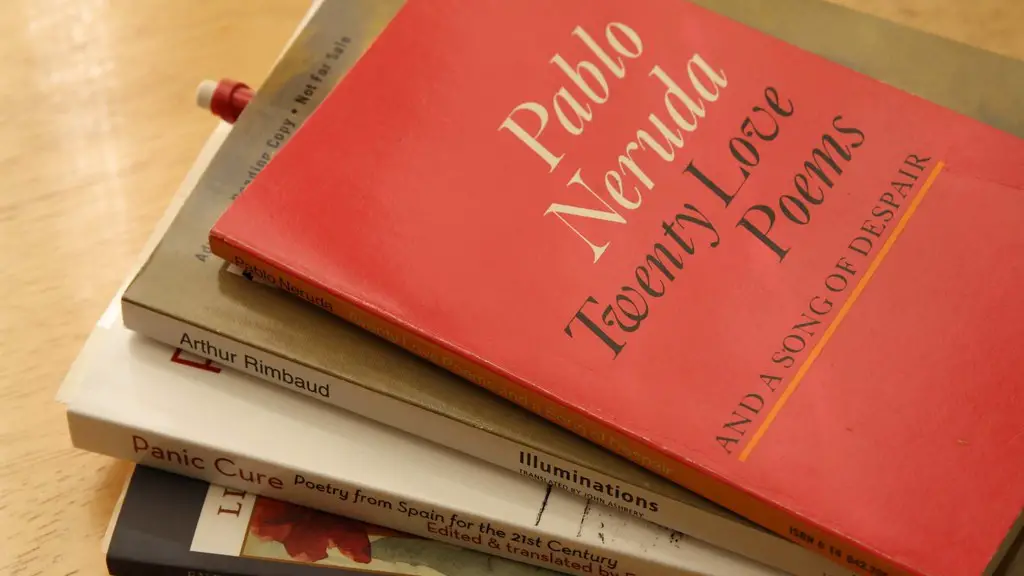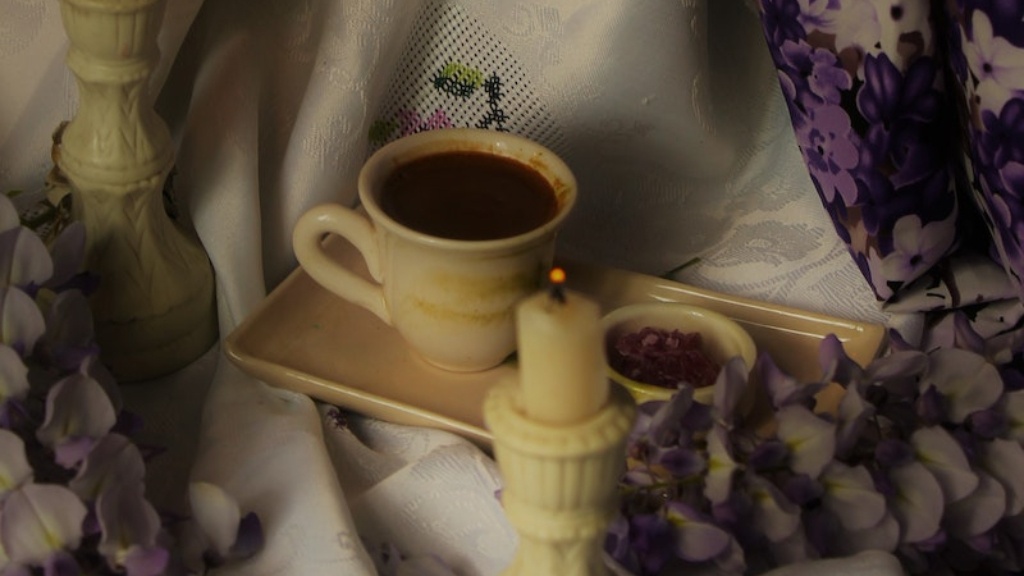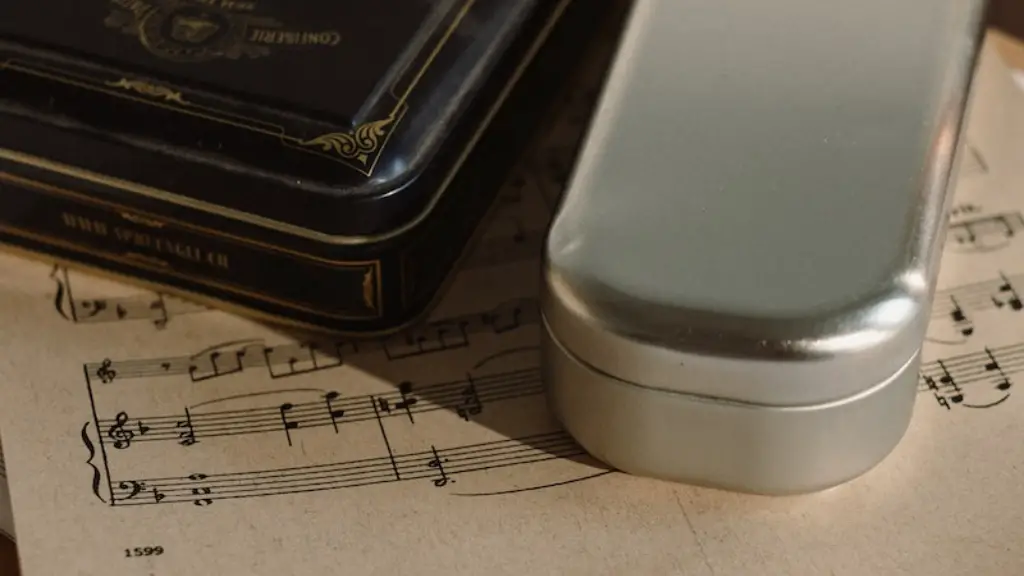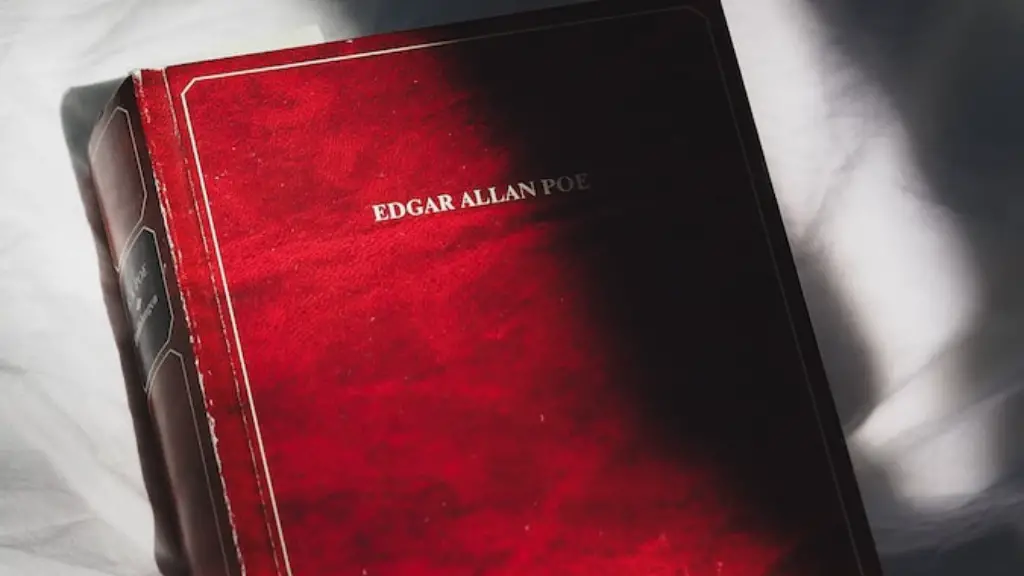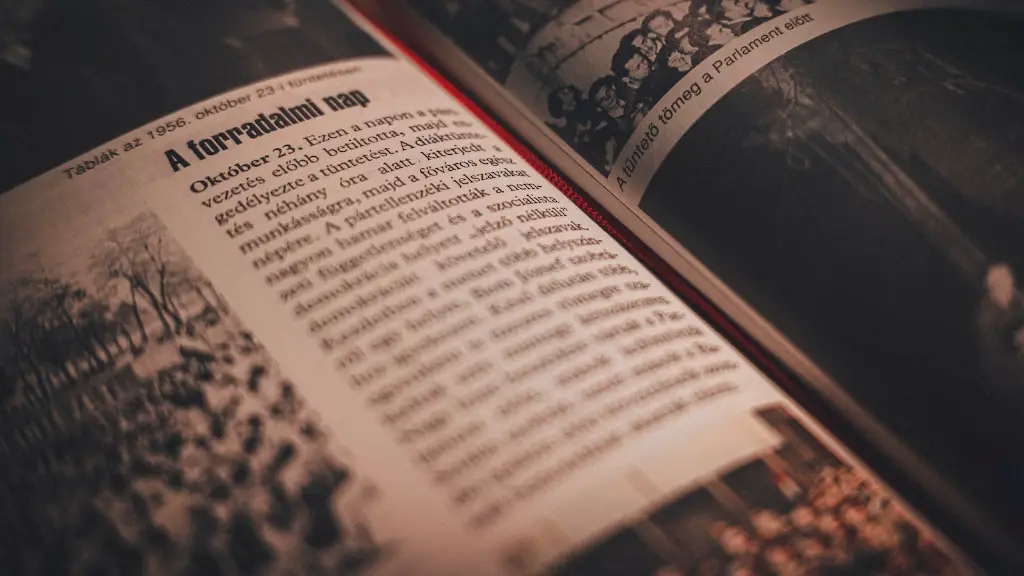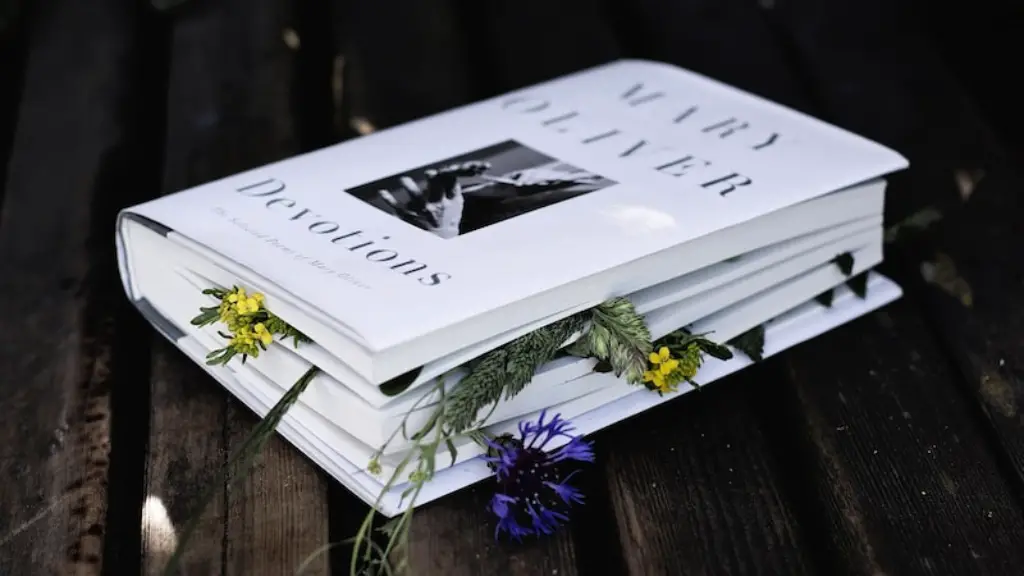What Constitutes Poetry?
The essence of poetry resides in its power to evoke emotion and to unlock creativity. The art form has been around for centuries, with some of the earliest surviving works composed by Homer and Sappho as far back as 8th century B.C. But what is it that draws us so to it and what really constitutes poetry?
Modern poetry abounds in different forms and interpretations, stretching far beyond the traditional romantic mode of the 19th century. Poets are now writing works that defy the boundaries of classic verse, introducing the concept of the ‘weird poem’, and there is a resurgence of the elegance of Japanese haiku and Chinese yuefu.
When we ask ourselves what constitutes as poetry, we must consider the traditional aesthetic goals of the genre, as well as modern concerns that prioritise creativity and experimentation. To most readers, poetry is primarily a form of communication; a way for one to express deep feelings, thoughts and insights about life in relation to nature, both its beauty and tragedy, and the cosmic and the political.
Experts in the field suggest that the structure of poetry places it in a category separate from other types of writing. Characterised by rhythm, meter and imagery, the creative force poem uses to convey the author’s message is at the same time sonorous, tangible and emotive, drawing readers in with a variety of evocative voices.
For some, poetry goes beyond the realm of spoken language, as observable in the works of e.e cummings, Wallace Stevens and T.S Eliot. Playing around with grammar, syntax and standard conventions of punctuation, they create an atmosphere that imbues readers with rhythm and musicality.
Experts further note that the lyrical quality of many poems owe their captivating power to the cadence, tonality and imagery that can remain in a reader’s memory for a long time. It is for this same reason that poetry is often considered the highest form of creative writing; both telling stories that are sometimes so surreal and abstract as to be incomprehensible and invoking a sense of wonder with tantalising hints of meaning and connection.
The emotion and beauty of poetry often leaves readers with an air of wonder and amazement, struck by its power to touch upon the sublime and embody a multitude of voices and perspectives. In this way, poetry is best considered an art form that readers appreciate as an experience. It is up to the poet to bring their vision to life, to wake readers’ imaginations and take them into the realm of dream and fantasy.
The Power of Poetry
Emotions are central to poetic expression. By harnessing the power of the soul, poets strive to both ask questions and provide answers to the human experience. Through words, images and symbols, poets succeed in evoking vivid pictures that allow readers to peer into the depths of the psyche. Their ability to find a connection between different realms of experience, often showing its connection to the past, present and future, is a true testament to their art.
One need only read familiar verses like Robert Frost’s “The Road Not Taken” or the cautionary warnings of William Blake’s “Tyger” to understand the power of poetry. By combining the mind, the body and the heart, poets can show empathy and inspiration. They can also craft powerful metaphors which embody timeless themes and ideas. Their talent helps us to make sense of the world and all of its mysteries, while also allowing us to gain a glimpse of something greater.
Experts suggest that the inherent beauty of poetry is such that it gives rise to a broad space of expression. It allows the writer to play around with the boundaries of creativity, allowing language to bend and conform to whatever form it needs to take. From free verse, blank verse and sonnets, to complex alliterations and rhymes, poets can use a variety of techniques to convey their message effectively.
Most of all, poetry is about emotion. Poetry conveys feeling in an almost immediate way, with a rush of words and phrases to connect the reader to the moment. The ability of poetry to conjure vivid imagery, to evoke the senses, to portray the human condition and arouse emotion and thought, is a feat that many poets strive towards to drive their art. Indeed, there is a unifying element that comes with poetry; whether high or low culture, poetry can link and transcend us all, allowing us to find understanding, solace and beauty in an ever-changing world.
Levels of Abstraction
Though many consider poetry an art form, the fundamental nature of it is to express ideas, often on a large scale. This is achieved by exploring different levels of abstraction, from the literal up to the ultimate. Through the process of abstraction, poets aim to capture aspects of the subject that would otherwise remain unseen, stirring the reader’s imagination and taking them on a journey of discovery. The result is that the reader can experience different stages of emotion and understanding as they travel through the ideas and concepts presented.
Going further, poets use language as a tool to express profound and sometimes difficult ideas. While humour and plays on words often feature in their works, poets often strive to bypass the trivial and aim for something greater, thus allowing their poems to speak for themselves. A good poem can capture the mystery of life and open up a wealth of possibilities and fresh perspectives, forever changing the reader’s outlook.
The evocative power of poetry comes from its ability to make readers see the world around them differently. Poetry can emphasise a person’s emotions, capture a feeling or experience, expand a concept or tell a story in a few powerful lines. Creatively constructed metaphors provide a window of insight, acting as a bridge between the mental, spiritual and physical worlds. Through this exploration of the abstract, a poet is able to uncover the mysteries of the human experience and shape them into an omnipresent form.
In this way, poetry is more than just words on a page; it speaks to us and gives us a glimpse into our innermost thoughts. Poets are able to capture complex feelings and ideas, as well as evoke memories, emotions and intuitions that remain locked in our unconscious minds. By unlocking these feelings and allowing us to experience intense emotions and ideas, poetry is an avenue for exploration, self-discovery, communication and ultimately a realm of understanding.
Aesthetic Quality
Though poetry can tap into our deepest emotions, experts suggest that its aesthetic quality is equally important. This is evident in the fascination that readers have with the form. Poetry is marked by its beauty, grace and clarity, suggesting a certain finesse and elegance in the language used. This can be seen in the measures employed, such as the use of rhyme, rhythm, alliteration and other devices that help to set a poem apart and enhance its appeal.
By focusing on the aesthetic quality of language, poets can craft works that have an almost divine beauty. Through this, readers can find a certain solace, a comfort in knowing that literature can provide moments of perfect bliss. In turn, this arouses a certain appreciation of life and its wonders and gifts us with a glimpse of eternity.
Poets can also use the power of their language to strengthen the impact of their message. With a good eye (or ear) for style, a poem can be both easy to read and profound at the same time. At its best, poetry can whisk us away to a realm of beauty and peace, while simultaneously conveying avant-garde concepts and teachings.
The dizzying complexity and beauty of language often give poetry its edge over other mediums of art. In this light, not only does the aesthetic value add to the poignancy of the poem, but it also further enhances the message of the poet, allowing it to take on a life of its own.
The Poets Role
It is well known that poets have always played a role in society as leaders, storytellers and prophets. As lore keepers of history, their poetry is often seen as being more valuable than any other form of written knowledge. Poets are the purveyors of ideas and the makers of history, constantly on the lookout for new experiences and new messages to share with the world.
In this sense, the poet’s role has come a long way. Poets are now taking on more avant-garde and experimental approaches. With the emergence of postmodernism, there has been an explosion of styles and interpretations, allowing poets to explore different layers of abstraction and create new and innovative forms of writing.
By exploring limits and challenging boundaries, poets can push language to its limits and create works of art that live up to their own expectations. This is true for both the traditional and the postmodern poet. Through both innovation and exaggeration, poets are afforded the opportunity to create something that speaks directly to their readers, allowing them to create something truly special.
The goal is to both inform and inspire. By expressing their deepest feelings, imaginings and ideas, poets can strive to create works that evoke emotion and captivate their readers. Ultimately, the poet’s role is to take us away from our daily routines and expose us to new vistas of thought, dreams, creativity and understanding.
Finding the Balance
Much like a work of art, poetry is both a craft and an art form. When we ask what makes a good poem, it is important to realise that the two go hand in hand. Indeed, it is the perfect balance between craft and aesthetics that makes a great poem. If the poem is too focused on the craft, the poetry may lack emotion and dynamic expression. On the other hand, if a poem focuses too much on aesthetics, it may lack structure and its message may remain unclear.
This balance is an intricate one and it is this delicate harmony between the creative and technical sides that make a poem great. A great poem should be able to communicate ideas and emotions effectively, like a work of art, while at the same time maintaining a certain degree of structure and beauty.
Finding this balance is no easy task and for this reason, only a few poems can truly be considered great works. Ultimately, the goal of a poet is find the middle ground which allows them to explore their ideas and share them with the world.
The Duality of Poetry
Almost as an expression of its dualistic nature, poetry is both personal and universal. It is a journey, both of the individual and of the collective spirit. Through our own personal stories and the collective stories of humanity, poetry gives us a way to find meaning in our lives and to share it with others.
Poetry can be used to both build bridges and break barriers. As a result, it gives us one of the most powerful tools to explore our inner selves and understand the external world. Many experts suggest that the beauty of poetry lies in its ability to both transcend language and connect us with something greater than our everyday life.
Poetry is, therefore, a tool for communication, for understanding and for sharing. It enables us to uncover truth, to tell stories and to share valuable insights. As we reflect on and explore our emotions, poetry helps us to better grasp our humanity and that of others.
Finally, poetry allows us to explore the inner workings of our minds and hearts. More than anything else, it brings us closer to the sacred and inexplicable, pushing our boundaries and pushing us to journey into worlds and realms of endless possibilities.
